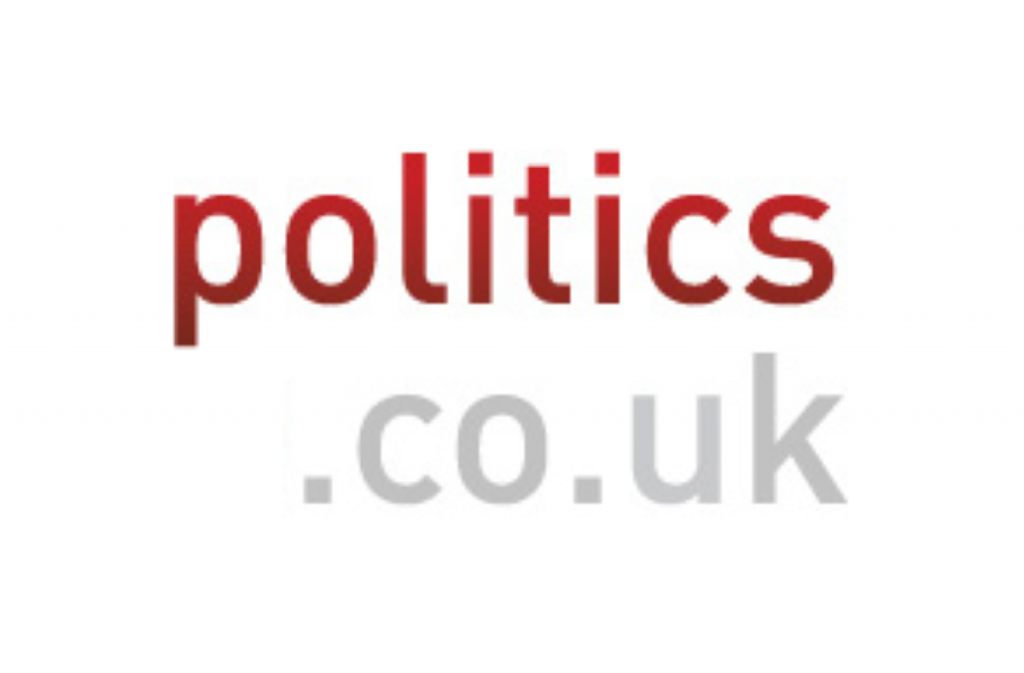Cameron admits U-turns on policy
David Cameron last night admitted that he had changed his mind on a number of policies and would scrap some key Conservative pledges if he became party leader.
The shadow education secretary insisted that his decision to support tuition fees – which he campaigned against at the general election – was born of an acceptance that the Conservatives have to change to win.
During an interview on Newsnight, he also said he would scrap Michael Howard’s idea of a patient passport, and admitted some support for the government’s controversial new licensing laws.
“I have always argued there was a case for licensing reform. I do not think it sensible to shut every pub in town at 11pm and throw everyone out on the streets at the same time,” he said.


The Tories this week forced a vote on the Licensing Act 2003 in the Commons in a last ditch attempt to block the legislation, which comes into force on November 24th.
Mr Cameron said this effort – which failed – was “sensible” and questioned the wisdom of introducing 24-hour drinking laws just before Christmas.
But he added: “There are problems with the government’s proposal, but the broad thrust of reforming the licensing laws I have always supported and I have not changed my mind on that.”
Turning his attention to the issue of tuition fees, the Witney MP – who is currently leading the race against David Davis to become next Tory leader – admitted he had “genuinely” changed his mind since May’s general election.
“One of the things that changed is that we have lost another general election,” the 39-year-old said.
“We have now lost three in a row and I think it is vitally important that the Conservative party has a credible set of policies that add up, that are good for universities, good for people going to university and makes the economy stronger.”
He said he and many others in parliament had been “furious” that Labour broke its promise not to introduce tuition fees and top-up fees, and argued there were many things wrong with the bill that brought in such measures.
But he added: “We lost the last election, it is time to rethink and it is time to look at our policies.”
On health, Mr Cameron said he still agreed with the main thrust of Mr Howard’s policy, but took issue with the idea of the government paying half the fees for an operation to be taken in the private sector in a bid to reduce waiting lists in the NHS.
This “sends a signal that the Conservative party wants to get people out of the NHS rather than improve it” and should be scrapped, he said.
However, Mr Cameron insisted that he would remain committed to the Tory emphasis on lowering the tax burden. But he refused to be drawn on naming a figure for any cuts, unlike his rival, who has pledged to reduce the average family tax bill by £1,200 a year.
“The difference between David Davis and myself is that when the next election comes the economy might not be growing. It might be shrinking,” he said.
“The national debt and the debt burden might be very high. In those circumstances you could not promise to cut taxes because the economy would be shrinking.
“My promise is that if the economy grows, and I have policies to make it grow as we need faster growth in this country, I will share the proceeds of that growth.”

